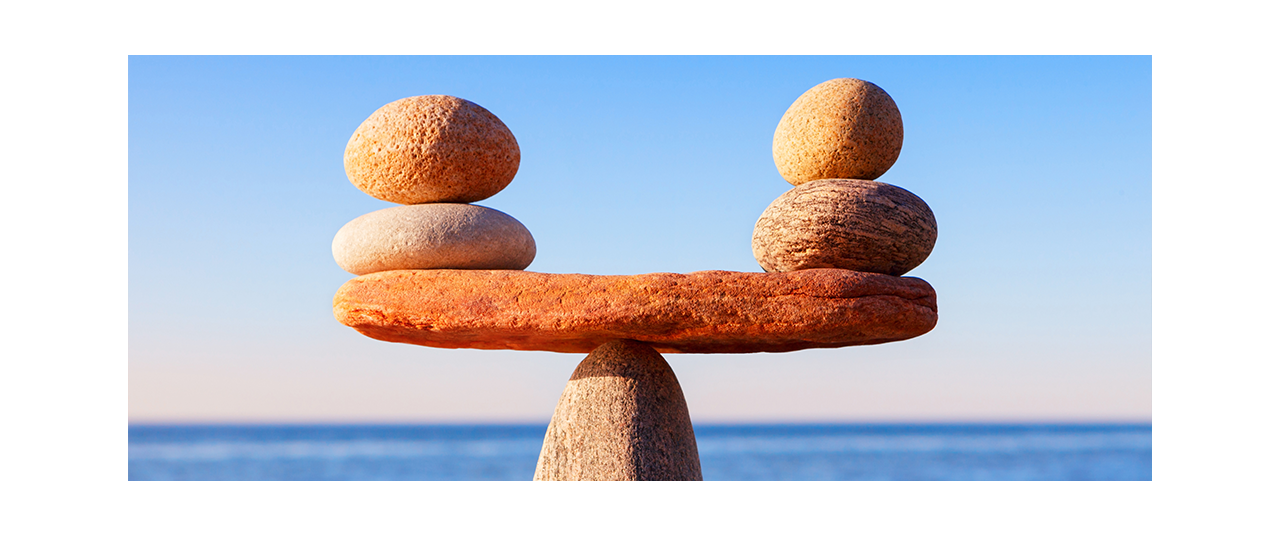
By Ishmeet K. Kumar
The COVID-19 pandemic has radically changed the way we live, work, learn and play. Our new reality poses a unique set of challenges for all of us, especially as healthcare leaders as we focus on improving staff wellness while running high reliability organizations. The uncertainty from the pandemic has shifted our attitudes toward a greater focus on wellness through self-care and improved mental health and happiness. According to World Health Organization, self-care is defined as “the ability of individuals, families, and communities to promote health, prevent disease, maintain health, and cope with illness/disability with or without the support of a healthcare provider.” Self-care is important for creating a foundation for sustaining long-term recovery and overall wellness for individuals. If we are well, we can empower our staff, increase resilience, prevent burnout and be available for our loved ones at home. This is a time of incredible anxiety and stress. Focusing on what makes us feel nourished and what gives us meaning helps us ease those feelings and be well.
Wellness is more than being healthy—it refers to the interactive process of practicing healthy choices to create a more balanced life. Wellness is about living a life full of personal responsibility and taking proactive steps to be in optimal mental and physical health. The need to care for our own health—all aspects of it—is crucial because navigating this new normal is not easy.
So, what steps can we take for ourselves and our staff to help stay centered and focused on the path to promote well-being?
Greet the Day
Starting your day with a 15-minute ritual and completing a practice of gratitude, especially during times of uncertainty, can be helpful in promoting well-being. Many of us reach for our cellphones as soon as we are awake. Instead, try devoting the initial 10-15 minutes on self-care or taking a moment to notice your surroundings. Think about a few things you are grateful for, even the simple ones: a warm home, a blue sky, a cup of tea or even a cozy blanket. Also, try the free app “Grateful: A Gratitude Journal” on any mobile device.
Breathe for Stress Relief
Before the day’s demands take over or when you are presented with a challenge, take stress-relieving breaths using a 4-7-8 breathing technique, which can help you concentrate on deep breaths. Incorporating this breathing practice four times each day or more can help relieve anxiety and reset our autonomic nervous system during challenging times.Download the UCLA Mindful app for guided mindfulness meditation that you can practice on your own. It is available for free in 13 different languages.
Move and Stretch
Staying active can boost immunity and mental health. Being outdoors in fresh air and activities like swimming, hiking, gardening or taking a walk can help improve well-being by releasing endorphins, which increases happiness.
Eat Well
Healthy eating and good nutrition can easily fall to the wayside during stressful times. However, it is important to fuel our bodies appropriately by eating meals rich in plant-based foods, especially leafy vegetables and fruits. Cooking homemade foods with turmeric and ginger and adding wholesome ingredients to your diet is beneficial for your health instead of trying to boost your immunity with supplements. Increase your water intake and drink unsweetened green or black tea instead of sugary juice drinks or soda.
Get Adequate Sleep
An inadequate amount of sleep affects our health negatively. Evidence suggests people eat more when they are sleep deprived, leading to weight gain. Prioritize and track sleep, nutrition, exercise and more from your phone with the Moodfit app.
Be in a Positive Environment
The environment you are in affects your health and well-being. Connect with friends or loved ones to help improve your physical and mental health.
Take Charge, Live Happy
Self-care is an important technique for empowerment to create balance and equilibrium across our personal, social and work lives. This includes increased resilience and a greater capacity to manage stress and alleviate professional burnout and compassion fatigue.
The healthier behaviors we practice, the better our health. Being well helps us focus and change our brain in a positive way. It improves our self-esteem, enhances our productivity and helps us live a quality life.
Your Well-Being Toolkit—Mobile Apps for Self-Care
General Health: MyFitnessPal
Meditation: Calm
Mindfulness: Headspace
Gratitude Journal: Grateful
